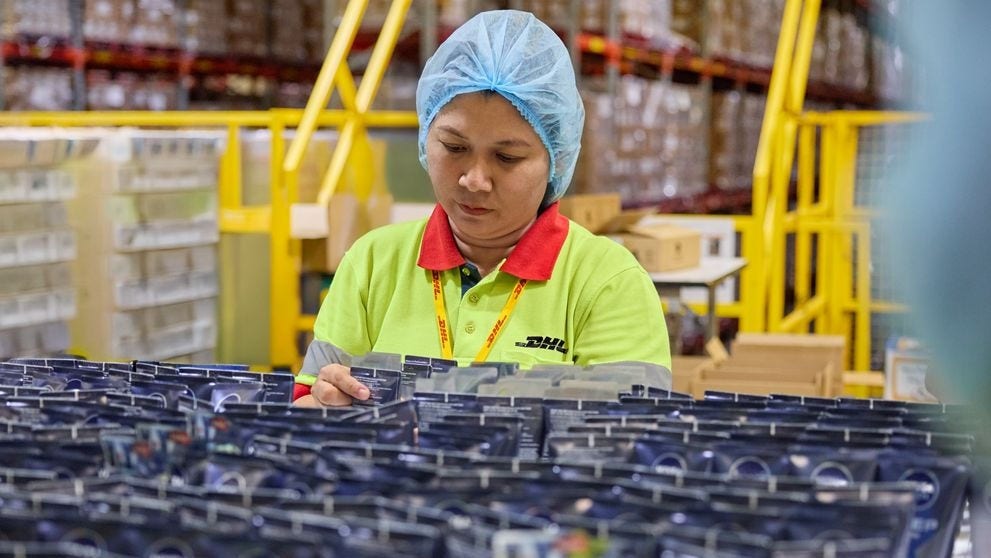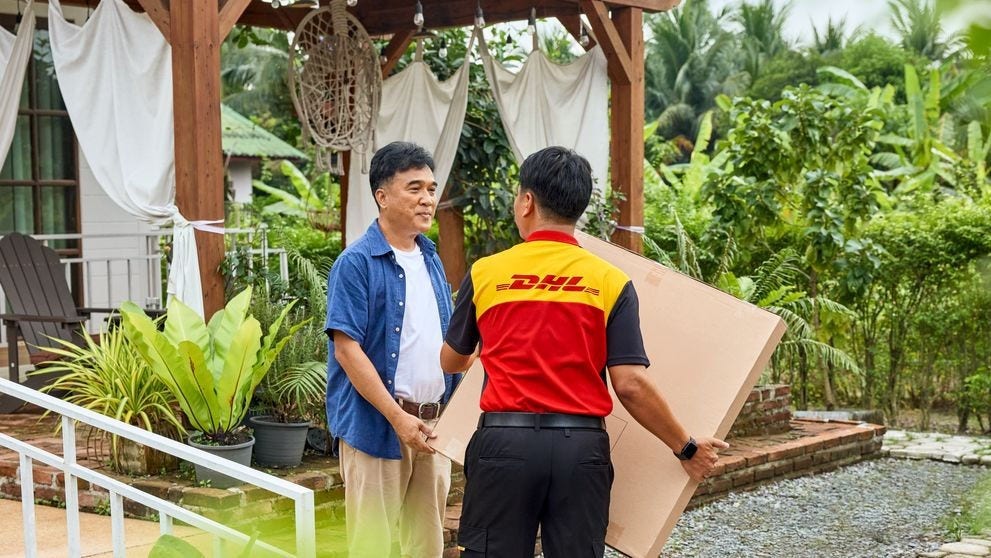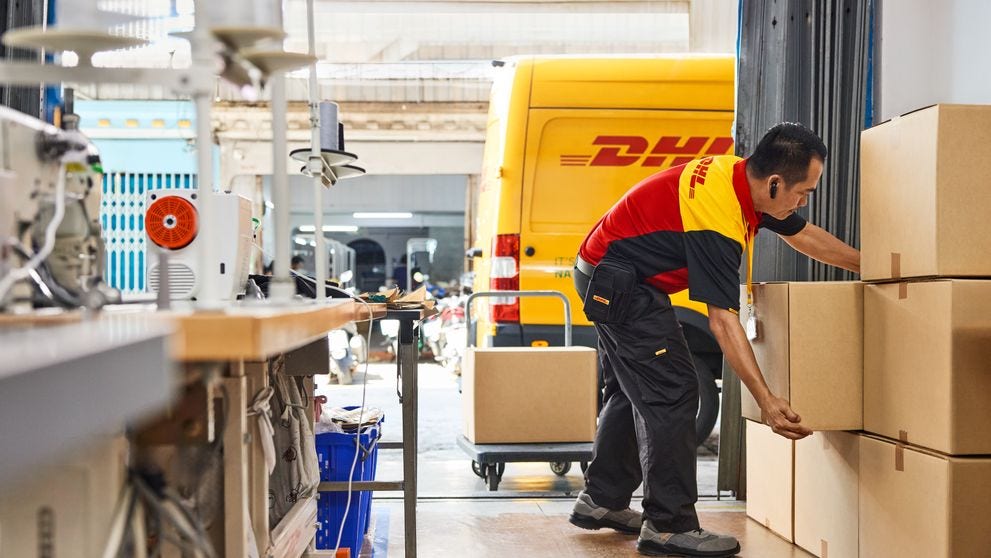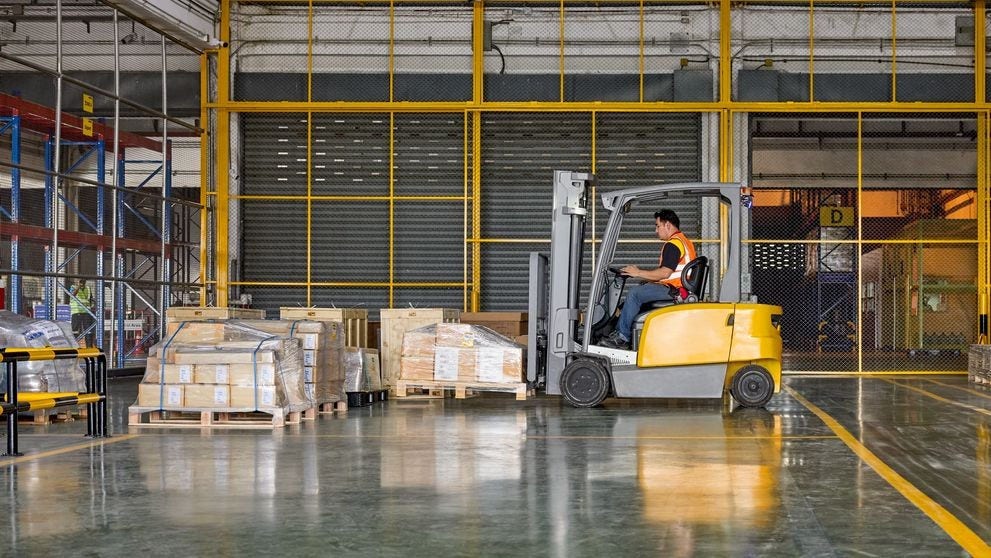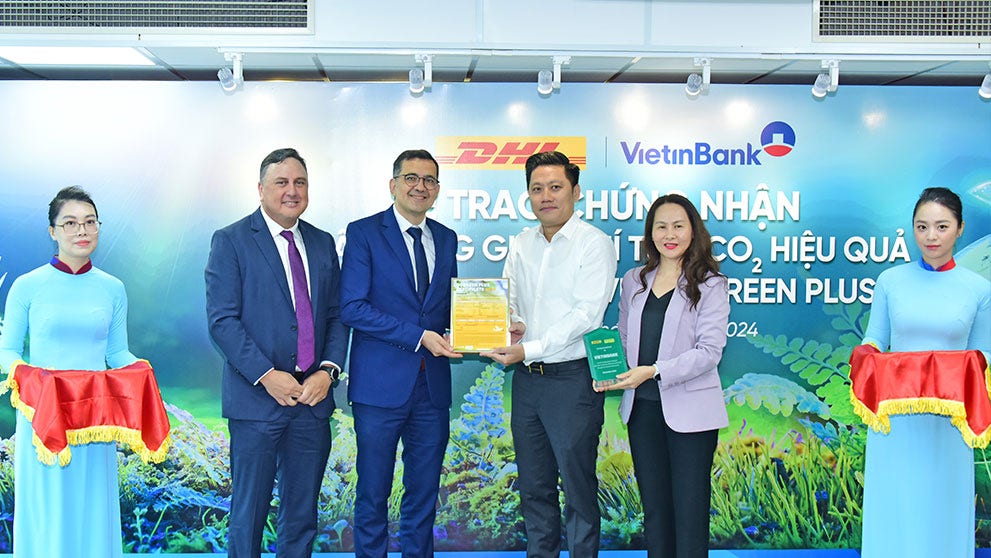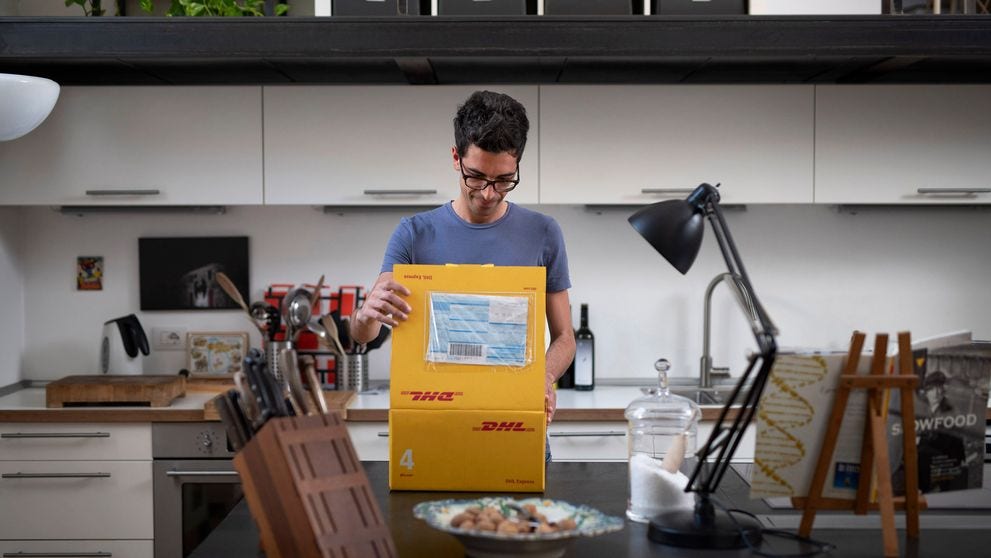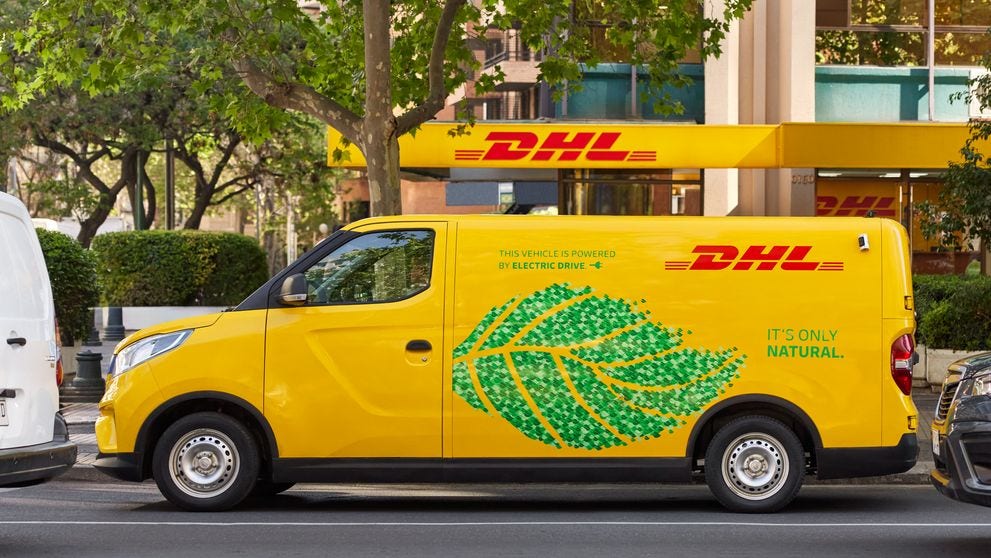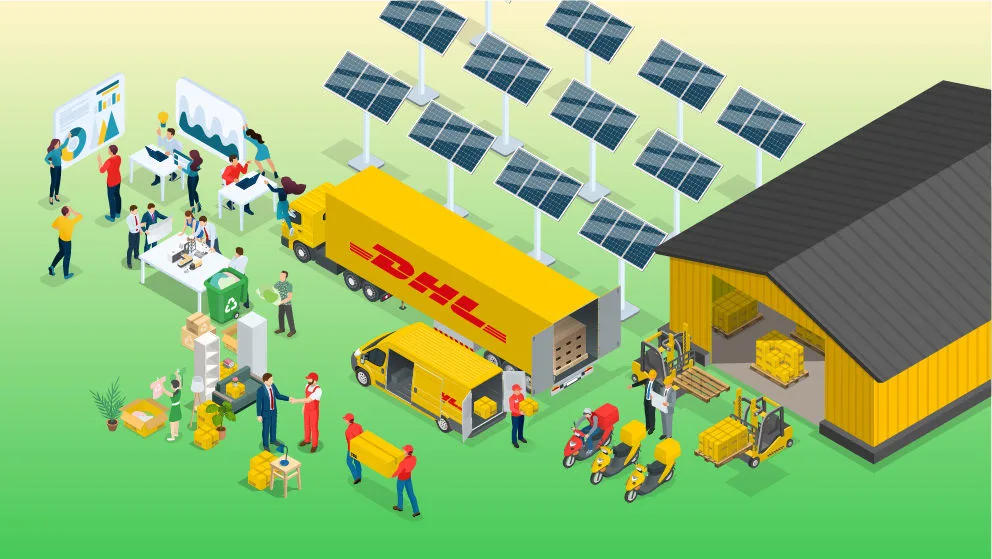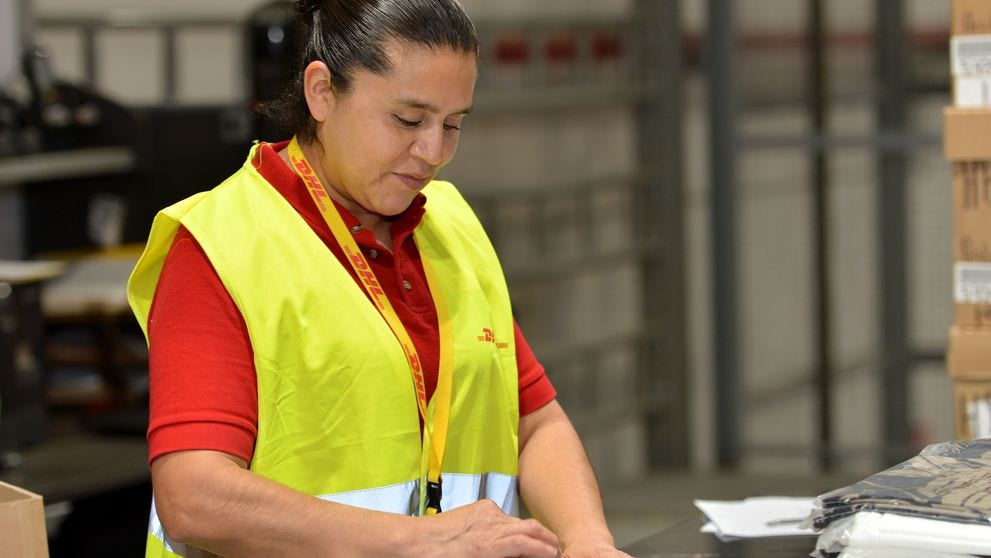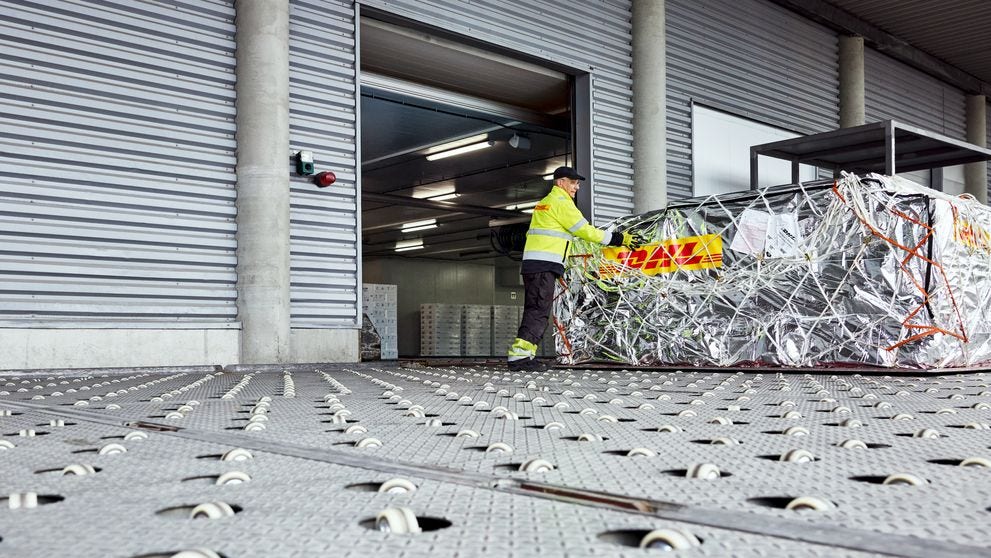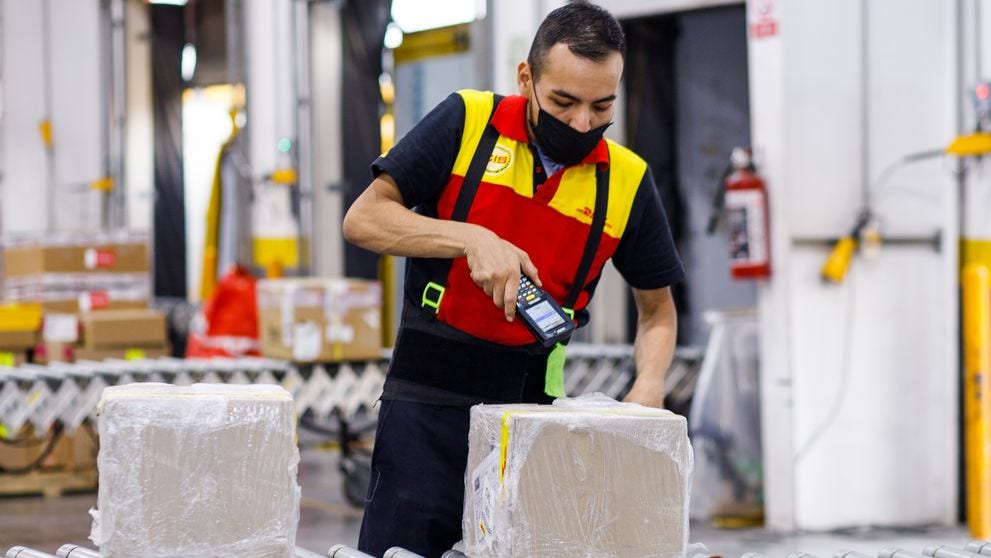
Vietnam's economic landscape has been characterised by robust growth and an increasing role in the global automotive industry. The country is ranked fourth in Southeast Asia for car production, with car manufacturers such as Toyota, Honda, Ford, Kia and Hyundai all establishing factories in recent years. The automobile market in Vietnam is also booming, with year-on-year (YOY) auto sales growth of 52.2% from 2021 to 2022.
That said, the Vietnam car industry is not just doing well domestically but internationally as well. According to Vietnam Plus, Vietnam’s export of automotive spare parts reached US$11.98 billion in 2022, with expectations for even more growth in 2023 and beyond. With the export of auto parts set to become a significant contributor to the country’s trade portfolio, how can local businesses in Vietnam’s car industry take advantage? In this blog, we’ll explore the top tips for shipping and exporting automotive spare parts from Vietnam to the rest of the world.
The automobile market and spare parts industry in Vietnam
Historical background and growth
The first automobile factories in Vietnam were built in 1995 by Mitsubishi, Toyota, and Isuzu. Initially focused on the assembly of cars from imported parts, the sector has evolved over the years thanks to substantial investments from international automobile brands. Today, Vietnam’s car production capabilities include full vehicle assembly as well as the manufacturing of car parts and components, which are exported to countries like the United States, Canada and the United Kingdom, as evidenced by data from The Observatory of Economic Complexity (OEC).
Production capabilities and technological advancements
Vietnam's car industry has significantly upgraded its production capabilities since its inception, leveraging advanced technologies and automation to enhance efficiency and product quality. This can be seen in the country’s steady increase in the number of domestically produced or assembled vehicles, which has risen from 287,586 in 2018 to 439,600 in 2022, according to a report by Vietnam Plus. Many of the world’s major carmakers, satellite producers and component suppliers are present in Vietnam, setting up car production factories to take advantage of the skilled labour in the country. At the end of 2022, there were 400 Vietnamese auto component suppliers qualified to be Tier-1 vendors for large carmakers, also reported by Vietnam Plus.
Government policies and incentives
Vietnam has launched initiatives to bolster its automotive industry, focusing on enhancing domestic car production, attracting foreign investment, developing supporting industries, and boosting exports. These policies include tax incentives like corporate income tax breaks and import tax reductions for automotive manufacturing businesses as reported by Hanoi Times.
Vietnam's government has also emphasised partnerships with global automakers for technology transfer, enhancing the local industry's capabilities. Additionally, efforts to expand the auto parts manufacturing ecosystem aim to solidify Vietnam's position as a key player in the international automotive market, promoting the country as an attractive destination for both production and export of automotive spare parts.
Global Demand for Automotive Spare Parts
The global automotive spare parts market is expanding, driven by rising vehicle sales, ageing vehicle fleets, and the surge in electric vehicle (EV) adoption. This includes greater consumer demand for high-quality car parts, technological advancements in diagnostics and smart components, as well as the push towards electrification and the need for specific components like batteries and electric drivetrains. Fueled by these factors, the global auto parts market is estimated to grow exponentially at a rate of 6.8% in the next seven years, surpassing US$1103.4 billion by 2030, as per Global Newswire.
Import destinations for Vietnamese automotive spare parts
In 2022, Vietnam's auto parts industry achieved a trade surplus of US$160 million, highlighting its strong position in the international market. The United States, Thailand, and Japan emerged as the top destinations for Vietnam's auto parts exports, each with its unique market characteristics.
The auto spare parts market in the USA is characterised by a high demand for quality car parts for both electric and traditional vehicles, reflecting its advanced automotive industry. Thailand serves as a hub for the ASEAN automotive market, valuing cost-effective components for manufacturing and aftermarket sectors. Japan's market prioritises precision-engineered parts, aligning with the reputation of its manufacturers for quality and reliability.
Navigating logistics and customs for smooth export operations
Shipping car parts from Vietnam to overseas locations can be complex, with many factors like logistic operations, customs clearance and trade tariffs to consider.
Taxes and duties
To reduce tax and duty burden on exports, Vietnam has a number of free trade agreements (FTAs) with its main auto parts export markets that businesses can take advantage of.
- Comprehensive and Progressive Agreement for Trans-Pacific Partnership (CPTPP): Reduces tariffs and strengthens trade relationships, enhancing access to markets like the US and Japan.
- Vietnam-Japan Economic Partnership Agreement (VJEPA): Encourages trade and investment between Vietnam and Japan by reducing barriers.
- ASEAN Free Trade Area (AFTA) with Thailand: Promotes regional economic integration and reduces tariffs among ASEAN member states.
- United States-Vietnam Bilateral Trade Agreement (US-Vietnam BTA): Lowers trade barriers, facilitating improved access to the US market.
Shipping documents
It’s important to ensure you have the proper documents prepared and ready when shipping automotive parts. This will ensure smooth export operations and prevent mishaps like withheld or rejected goods. Essential export documents generally include but are not limited to:
- Commercial Invoice: Details the transaction between seller and buyer, crucial for customs.
- Packing List: Specifies the contents, weight, and dimensions of the shipment.
- Certificate of Origin: Verifies the products' manufacturing country, required for tariff classifications.
- Bill of Lading or Air Waybill: Contract between the owner of the goods and the carrier.
You should familiarise yourself with any custom documentation required by the country you are shipping to. For example, for automotive parts shipping to Thailand, an import entry form is required by Thai customs to clear shipments. Vietnamese auto parts manufacturers shipping to Japan should also identify the relevant tariff codes for their goods under Japan’s Harmonised System (HS) codes, such as 4013.10 for car spare parts.
Packaging
When shipping automotive spare parts from Vietnam, ensuring they are adequately packaged and labelled is crucial. Follow these tips to protect your goods during export.
- Use sturdy packaging: Select boxes that can withstand the weight and nature of the parts. If shipping fragile components like car bumpers, employ bubble wrap or foam for added protection.
- Sealing: Secure boxes with strong packing tape, reinforcing edges for heavier items.
- Weather proofing: Consider waterproofing or making your package more water-resistant to protect it against the elements. This can help prevent metal components from rusting or corroding during shipment.
- Do not overpack: Overpacking to avoid excessive shipping fees can end up costing you more in the long run. Ensure your precision-engineered automotive parts are well-protected with adequate space during shipping. Overpacking increases the chances of parts striking against each other and causing damage.












